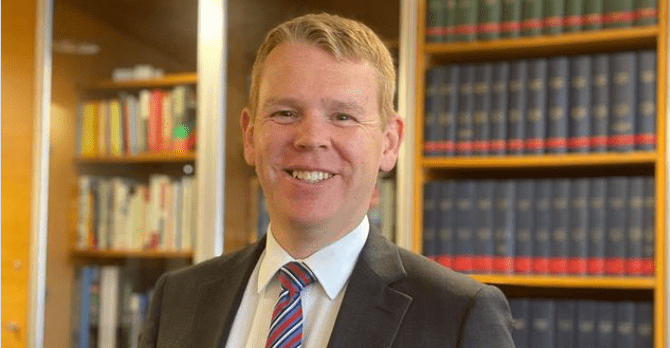If you want a flat white coffee every day and can afford to buy one and are not in debt and not overpaying for it, then order up and sip away. If, however, you are spending more than you earn, are in debt, and find yourself consistently using credit cards to supplement your monthly spend, then Houston we have a problem!
Here are some tips to help you stop spending….
- Minimise your subscription services
From the Netflix streaming service to the gym membership, the Spotify account and the various content news platforms, think about whether you can afford them. If you’re not using them, then you definitely don’t need them. Stop payment and cull, cull, cull.
- Make a food plan
Stop spending so much on food. Set a budget, write a food plan and – even better – use your calculator function on your mobile phone when you go food shopping. Don’t be tempted to go off piste and splurge on that chocolate bar by the till. Those small indulgent treats are designed to tempt you. Look away now. It’s tempting to overbuy. And remember… never go food shopping when you’re hungry.
- Focus on your debt and savings
It may not be sexy. But if you want that holiday to Queensland at Christmas, then pin up the picture of the white sandy beaches and stay focused, focused, focused. Save, save, save. Work out how much longer it will take you to pay off your debt or increase your savings if you give in to that spending spree. The easiest way to not forget is to say to yourself, if I want that sunny summer holiday in Oz at the end of the year, then this unnecessary spend will cost me one day in Queensland.
- Try online grocery shopping
If you find sticking to a budget shopping list too difficult, then maybe online shopping is for you. It’s easier to stick to a budget as you get a running total, and those tempting chocolate bars at the till will be out of sight, out of mind.
- Take a packed lunch to work
Get organised in the mornings before work and pack your own lunchbox. That way you won’t be tempted by expensive, overpriced sandwiches at the trendy nearby café, or pulled in to the pub for a pint with friends after work where easy money flows out.
- Keep a debt diary
It may sound silly, but trust me, keeping a diarised note of when you overspend will train you not to do it again. If you can identify trends, traits or emotional spending behaviours, then you may be able to prevent any overspending in the future.
- Take the ‘No Spend Day’ Challenge and have a skinny week
It is exactly what it says on the box. No spending for one day a week other than on budgeted-for things. Nada. Nothing. Zip. C’mon, you can do it. Tell your friends you’re having a skinny week and not spending. There’s no shame. They’ll respect you for it.
- Think of your credit card as debt
It may help you to think of your credit card as debt. Remember, until you pay it off, you’re spending the bank’s money not yours. If you think of it as debt, you might not be so quick reaching for your wallet and whacking down that plastic fantastic.
- Channel your inner homemaker
Make your own at home. OK, it may not come in a fancy box, but homemade pizza can be just as delicious, and you can use whatever you have in the fridge for toppings, meaning no food waste. Win-win.
- Set the family challenges
Parents are under lots of pressures to keep their little ones happy. But not everything needs to cost money. Set challenges within your family and get the kids to come up with creative family nights on a budget. Or if there’s something in particular that the family wants, see how quickly you can save money in one area or raise the funds through extra means, like selling something you no longer use on TradeMe.


